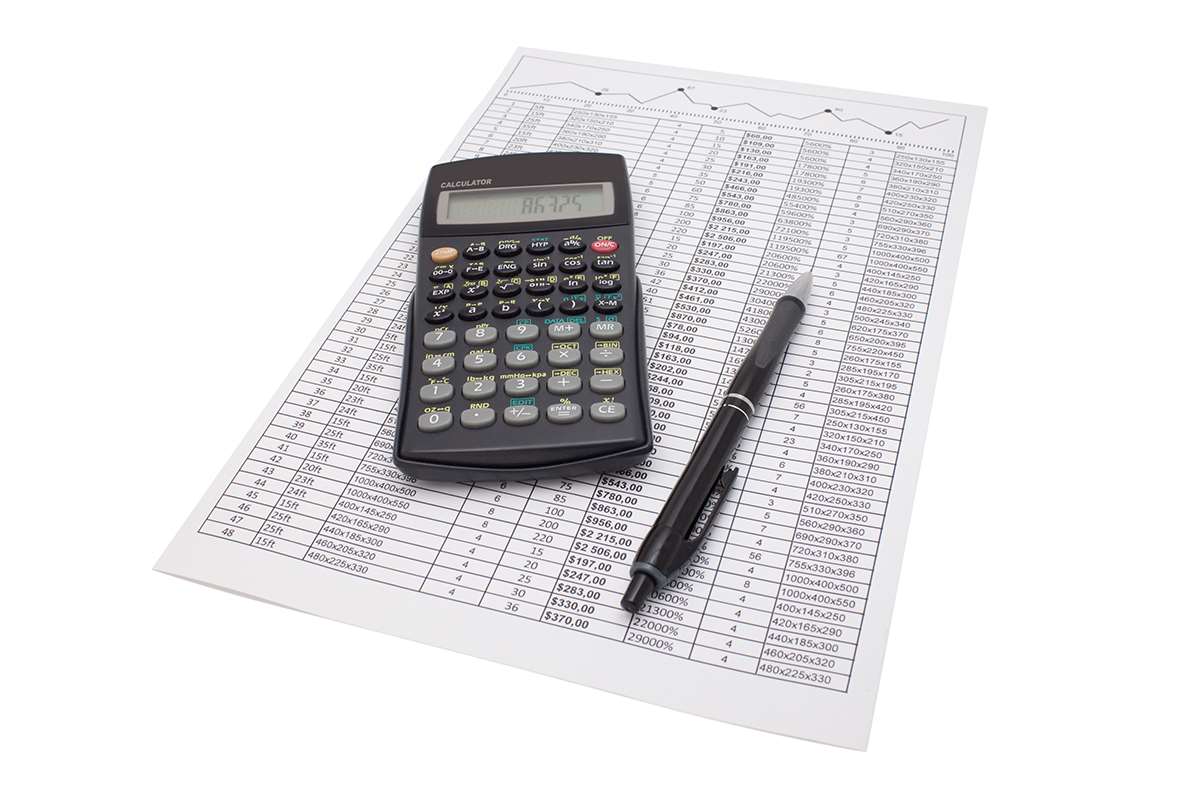
Because it is difficult to keep vacation rental transactions separate from personal transactions within one bank account. Using this method, you will be able to clearly see how much Airbnb pays out and how much it costs to operate your business. We hope this gives you the information to confidently pursue and implement accounting software for your Airbnb or vacation rental business.
- Keeping detailed records of the property’s usage will help support your deductions and demonstrate compliance with IRS guidelines.
- Regardless of whether you receive a 1099 Form, report all your Airbnb income.
- Wave Financial is a free option for small businesses that doesn’t require a monthly fee.
- You’ll also want to give thought to how easy it is to import data into your accounting tool.
- Using the old-school method, you will need to save and scan all of your receipts into a PC.
- In this blog post, we’ll guide you through the steps of Airbnb accounting and bookkeeping, including how to keep track of your income, calculate expenses, and take advantage of tax deductions.
- Each month, your personal bookkeeper meticulously organizes your Airbnb transactions and prepares comprehensive financial statements.
For instance, if you need to improve the curb appeal of your property, the costs might be steep – depending on what areas are being refurbished, or upgraded. Each asset or upgrade should be accounted for individually so that your accountant can set the appropriate depreciation schedule. If you’ve completed the first two steps and airbnb bookkeeping are still having trouble getting your bookkeeping system to operate seamlessly, it might be time to bring in help. We handle the bookkeeping for you but sometimes we’ll need your input, especially at year-end. On average, expect to spend 15 minutes each month answering questions for your bookkeeper, or uploading supporting docs.
Ready to find out how Hostaway can transform your business?
While you can make good money as an Airbnb host, running your place can cost quite a bit. Most hosts earn around $13,800 a year, but remember, a big chunk of that – between 25% and 75% – goes back into repairs, supplies, and other expenses. Connect multiple Airbnb & Vrbo accounts with QuickBooks or Xero for a more automated, full circle view into your customer data and transactions. Eliminate human error, gain deep insights into your Airbnb & Vrbo income and provide precise reporting. Conversely, you must allocate household expenses for mixed-use properties according to its business use.
- This accounting software caters to a specific demographic of property managers.
- Customers can pay using OwnerRez’s built-in payment processing feature, which is unique among all the providers we reviewed for this guide.
- Proper Insurance is a specialized form of insurance designed specifically for vacation rental …
- All property managers should invest in accounting software, which can simplify things by automating revenue and expense entries.
- With its AI-driven technology, Instabooks automates tedious accounting tasks, saving you time and money, and letting you focus on what matters most – running your vacation rental business.
By syncing your Airbnb account to Bench, all transactions related to your rental income can be tracked and categorized for you. This includes property management expenses, depreciation, repairs, and other deductible expenses. Furthermore, Bench provides you with clear, visual reports that show your income and expenses, making tax time a breeze. This is exactly the situation where accounting software for Airbnb hosts in specific becomes invaluable. To do bookkeeping for your Airbnb rental business, set up a bank account, keep track of expenses, and maintain separate books for each property.
Wave
You may still be required to collect occupancy taxes in some areas manually. If you don’t provide the correct W-9 taxpayer information, Airbnb will withhold income taxes from your payouts. Airbnb collects and remits local taxes on behalf of hosts in certain states and cities. The system determines which taxes are applicable based on the listing address. If there isn’t an option for local tax collection in your area, you are responsible for calculating, paying, and remitting taxes. Many financial experts recommend setting aside 30-35% of your Airbnb income to cover your quarterly tax payments and annual tax liability.
- FreshBooks will automatically capture the merchant, totals, and taxes for you.
- Rentec Direct has several pros and cons that should be considered before use.
- Instead, they can enter a few key details and easily scan receipts into the software, which then takes care of the calculations for them.
- There’s a general ledger, accounts payable, corporate accounts receivable, fixed asset accounting, vendor pay, AP automation, lease accounting, debt management, and much more.
- However, if you provide substantial services that are primarily for your guest’s convenience, like regular cleaning, changing linen, or maid service, it may be classified as business income.
- You must pay taxes on your Airbnb income if you rent your main residence (house or apartment) for more than 14 days during the year.
Any of the Premium features—property management, QuickBooks integration, hosted sites, integrated sites and WordPress plugin, and SMS messaging—are priced separately. However, a 14-day free trial is available, and you can use any of the Premium features during that time. Tracking use of the property is another area made easier by rental platforms, like Airbnb or VRBO. They provide you with a detailed booking history, making it simple to keep track of and provide a record of the time your property was being rented to guests. You’ll also want to give thought to how easy it is to import data into your accounting tool. This is important because you want to avoid manually inserting data if possible and minimize the risk of any discrepancies in your data.
